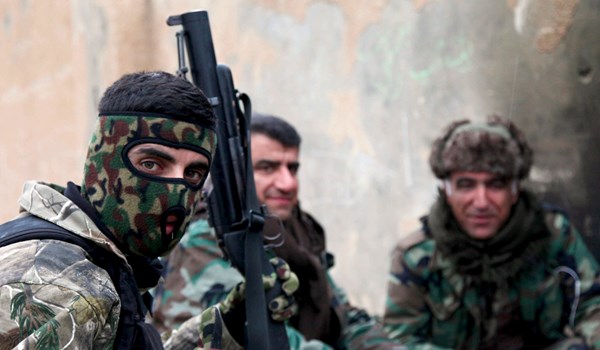Civilians Attack SDF Positions in Raqqa as Tensions Hike


The sources said on Thursday that the civilians attacked the checkpoint in al-Qatar street of Northern Raqqa city after two people were killed by the SDF’s gunfire.
They added that tensions between the two sides have sorely increased, noting that the Kurdish forces fired at people to disperse them, wounding 5.
Also, reports said unknown assailants attacked an SDF patrolling vehicle in al-Saqiyeh district of Raqqa city with grenades, adding that two militants were injured in the incident.
The SDF has in recent days launched forced recruitment operations against the youth in different parts of Raqqa, including Tal Abyadh and Mazra’at al-Rashid.
Media reports said in October that tens of families had fled refugee camps run by the US-backed SDF in Raqqa province and headed towards Aleppo and Idlib provinces.
Syria’s state-run al-Watan daily reported that over 40 families, settled in the refugee camps West of Raqqa city that is under SDF’s control, have left for Aleppo and Idlib provinces.
It further said that the refugees’ flee is due to the SDF’s pressure on the camps’ residents to force them to join the SDF and also dire living conditions.
Other sources reported that residents in the SDF-held regions are living in fear as robberies from trade centers and residential units have been rising in the region.







